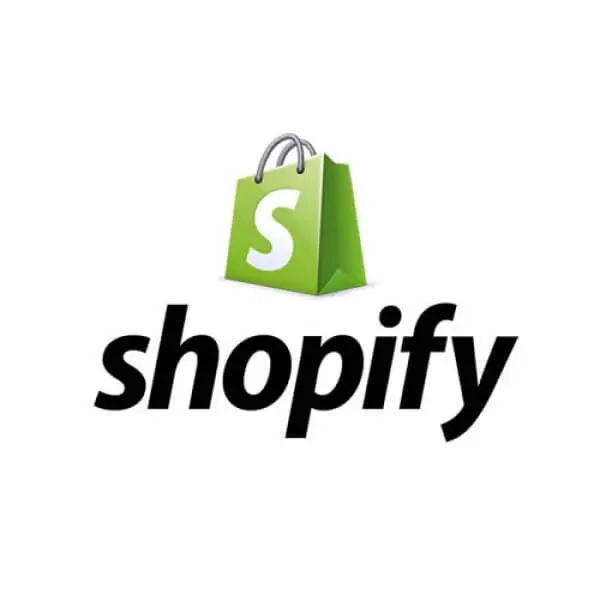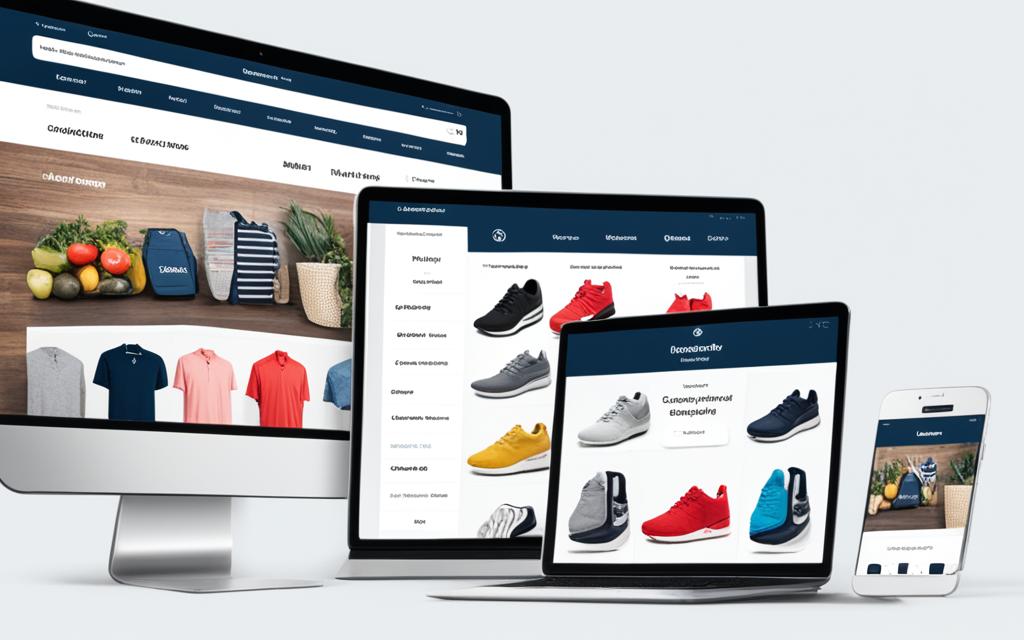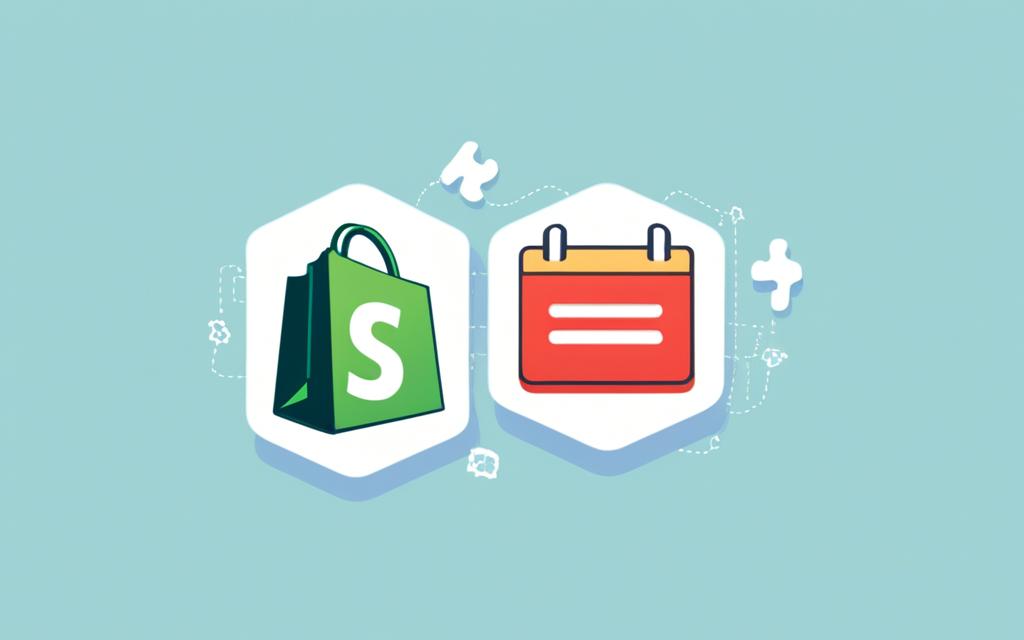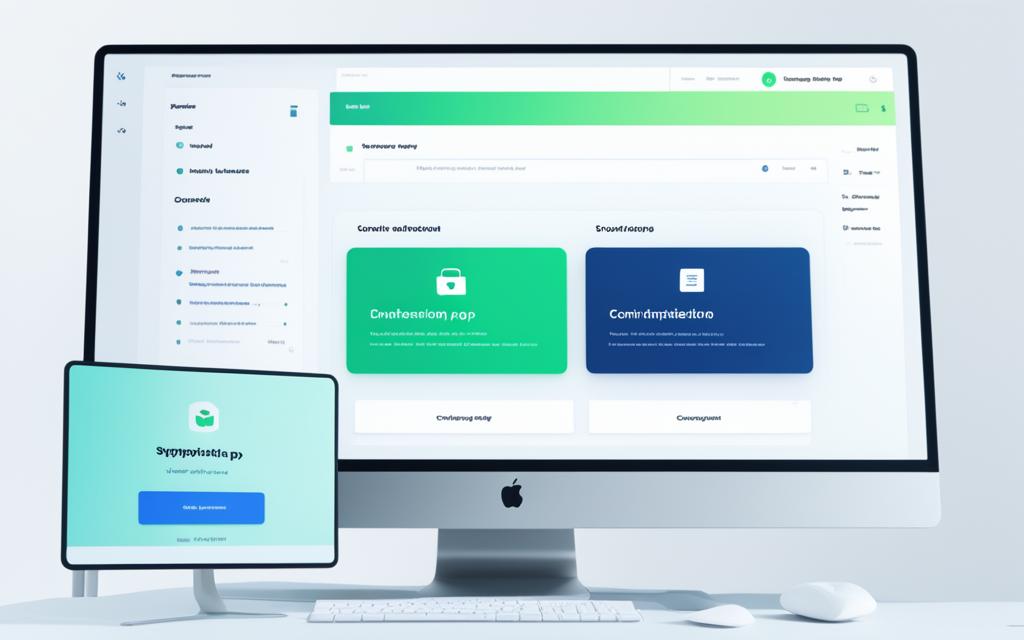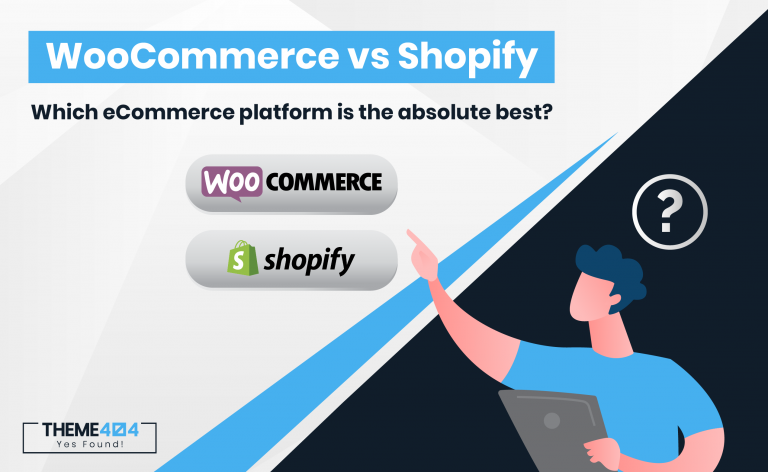Shopify is like the engine that powers your ecommerce website, making it easy to sell products, manage inventory, and process payments – all the essential components for running an online store.
On the other hand, Contentful is like the creative studio where you curate and manage your website’s content.
It offers a robust content management system that allows you to create and organize compelling visuals, videos, and articles to engage your customers and tell your brand’s story.
Choosing between Shopify and Contentful is a pivotal decision that can greatly impact your online business.
Are you looking to create a seamless shopping experience for your customers? Or do you prioritize content creation and management to captivate your audience?
In this article, we will explore the differences between these two powerful platforms, examine their integrations and benefits, and guide you in selecting the best fit for your online business.
Let’s begin.
Also Read: Shopify vs Opencart
What are the Key Features of Shopify and Contentful?
Take a look at the features of these platforms.
Shopify
- Complete Business Management Solution:
- Shopify serves as a one-stop shop for eCommerce, offering a comprehensive business management solution that includes order management, secure payments, and intuitive mobile commerce.
- Impressive SEO Tools:
- Shopify provides powerful SEO tools to optimize store visibility on search engines like Google and Bing, enhancing discoverability and driving more traffic and sales.
- Powerful Analytics Tools:
- Shopify Analytics offers detailed insights into store performance, allowing tracking of sales, traffic sources, and customer behavior to make informed decisions for improving the customer experience and boosting sales.
- Theme Store:
- Shopify offers a theme store where users can browse and purchase premium themes to create attractive and functional websites, enhancing the overall shopping experience and increasing sales.
Check Out: Shopify vs Medusa.js
Try Shopify free followed by first month at just $1. No credit card required. Limited Time Offer.
Contentful
- Connected Content Experience:
- Contentful integrates seamlessly with various eCommerce apps like Shopify Plus, enabling a connected experience where users can access different functionalities within Contentful itself, streamlining content production tasks.
- Sophisticated Content Creation:
- Contentful empowers users to create dynamic and personalized content that can better engage customers, including videos, images, calls to action, and personalized product recommendations, enhancing the overall shopping experience.
- Centralized Content Production:
- Contentful offers a modern and centralized content production environment, allowing users to perform tasks like adding eCommerce products without leaving the platform, thanks to its seamless integration with eCommerce apps like Shopify Plus.
- Blazing-Fast, Scalable Sites:
- Contentful supports a Jamstack architecture for fast load times, integrates with static site generators like Next.js or Gatsby, and offers cloud-based auto-scaling, ensuring high performance and scalability for websites, leading to improved SEO and better conversion rates.
Shopify provides a user-friendly eCommerce platform with robust management tools and SEO capabilities, while Contentful excels in offering a connected content experience, sophisticated content creation, centralized production environment, and fast, scalable websites.
Explore: Clickfunnels vs Shopify vs Gumroad
What are the Differences between Shopify and Contentful?
To compare Shopify and Contentful comprehensively, we need to consider various aspects:
- Performance:
- Shopify themes struggle with performance optimization, often scoring below 60% in Lighthouse reports due to outdated technology and infrastructure limitations.
- Contentful, being an API-first CMS, offers more flexibility for building modern sites with dynamic content.
- Customization:
- Shopify is user-friendly but limited in major architecture customizations due to being a closed system, although customization is possible through themes and extensions.
- Contentful allows for more scalability and customization but requires technical knowledge and coding skills for support.
- Security:
- Shopify ensures PCI compliance by default, regular backups, and updated security measures.
- Contentful focuses on content capabilities and relies on third-party integrations for ecommerce support.
- Pricing:
- Shopify offers various paid plans catering to different business needs, including a version for large online retailers (Shopify Plus).
- Contentful offers a free plan, Basic plan ($300/m), and a custom plan with advanced features.
- Usability:
- Shopify is known for its simplicity, drag-and-drop interface, and integration with major ecommerce platforms, making it popular globally.
- Contentful is API-first, separating content from presentation, and requires more technical skills for customization and management.
- Developer Availability:
- Shopify might have a slight advantage in finding developers due to its popularity and ease of use, while Contentful may require more specialized skills.
Try Shopify free followed by first month at just $1. No credit card required. Limited Time Offer.
In summary, Shopify is ideal for small-to-medium online retailers, offering simplicity, ease of use, and a range of pricing plans.
On the other hand, Contentful provides more flexibility, scalability, and customization options but demands technical expertise for optimal utilization.
The choice between Shopify and Contentful depends on factors like technical skills, customization needs, and the level of control desired over the website’s architecture and performance.
Explore: Shopify vs Nopcommerce
Can I use both Shopify and Contentful together?
Yes, absolutely!
Shopify and Contentful can be integrated seamlessly to combine the powerful features of an ecommerce platform and a content management system.
This integration allows you to manage your products, collections, and content effectively, providing a streamlined experience for your online business.
Check Out: Shopify vs Squarespace vs Wix
What are the Benefits of Integrating Shopify with Contentful?
By integrating Shopify with Contentful, you can take advantage of Contentful’s robust content management capabilities while leveraging Shopify’s powerful ecommerce platform.
This integration offers several key benefits:
- Efficient content creation and management: Through Contentful, you can easily reference your Shopify products and collections, allowing for dynamic content creation and management. With just a few clicks, you can select the specific products and collections you want to display within your content.
- Streamlined workflow: The integration between Shopify and Contentful streamlines your workflow by centralizing product management and content creation in one platform. This saves you time and effort by reducing manual data entry and ensuring consistency across channels.
- Enhanced flexibility and scalability: With Contentful’s flexible content modeling and Shopify’s scalable ecommerce infrastructure, you have the flexibility to tailor your content and adapt to changing business needs. This enables you to stay agile in a dynamic online marketplace.
Try Shopify free followed by first month at just $1. No credit card required. Limited Time Offer.
Shopify & Contentful Compatibility Requirements
To fully utilize the Shopify app in Contentful, there are a few compatibility requirements that you need to fulfill.
Firstly, you must have an active Shopify account. This ensures that you have access to all the features and functionalities offered by Shopify.
Additionally, in Contentful, you should have a content type with a field of type “Short text” or “Short text, list”. This field will allow you to seamlessly integrate and manage the Shopify data within your Contentful entries.
By meeting these requirements, you can take full advantage of the powerful combination of Shopify and Contentful, maximizing the potential of your online business and content management capabilities.
Explore: Shopify vs Instamojo
Shopify Contentful Integration
Shopify provides an app specifically designed for integrating with Contentful.
This app allows you to easily link your Shopify products to your Contentful entries, making it simple to manage and update product information across channels.
Through the Shopify app, you can:
- Sync product data between Shopify and Contentful
- Manage product images and descriptions
- Update pricing and inventory information
- Ensure a consistent customer experience across all platforms
Furthermore, the Shopify app supports External references, which eliminates the need for additional API calls. This means that you can seamlessly integrate your Shopify data into Contentful without any technical hurdles.
Explore: Shopify vs Shopware
How to Install the Shopify App in Contentful?
Installing the Shopify app in Contentful is a straightforward process that allows for seamless integration and enhances your content management capabilities.
To get started, you will need a Shopify account. Once you have your Shopify account ready, follow the steps below to install the app:
Step 1: Access the Contentful App Marketplace
Open your Contentful account and navigate to the App Marketplace. You can find the App Marketplace in the sidebar menu of your Contentful dashboard.
Step 2: Search for the Shopify App
In the App Marketplace, search for the Shopify app. Once you find it, click on the app to access its details and information.
Step 3: Install the Shopify App
Click on the “Install” button to start the installation process. Contentful will guide you through the installation, and you may need to authorize the connection between your Contentful and Shopify accounts.
Step 4: Browse and Preview Products
Once the installation is complete, you can browse your Shopify products and collections directly from Contentful.
This integration allows you to preview selected products and collections within your Contentful entries, ensuring a seamless experience for your buyers.
Step 5: Utilize External References
The Shopify app in Contentful supports External references, which means you can eliminate the need for additional API calls.
External references enable you to seamlessly link and display Shopify products and collections within your Contentful entries.
By following these steps, you can successfully install the Shopify app in Contentful and enjoy a seamless integration that enhances your content management capabilities.
Take advantage of this integration to streamline your workflow and provide a consistent shopping experience for your customers.
Try Shopify free followed by first month at just $1. No credit card required. Limited Time Offer.
Conclusion
Shopify is a strong choice for businesses looking for a user-friendly eCommerce platform with robust management tools and SEO capabilities.
On the contrary, Contentful excels in providing a connected content experience, sophisticated content creation, centralized production environment, and fast, scalable websites.
The choice ultimately depends on the specific needs and priorities of the business, such as content management requirements, performance needs, and the level of customization desired.


